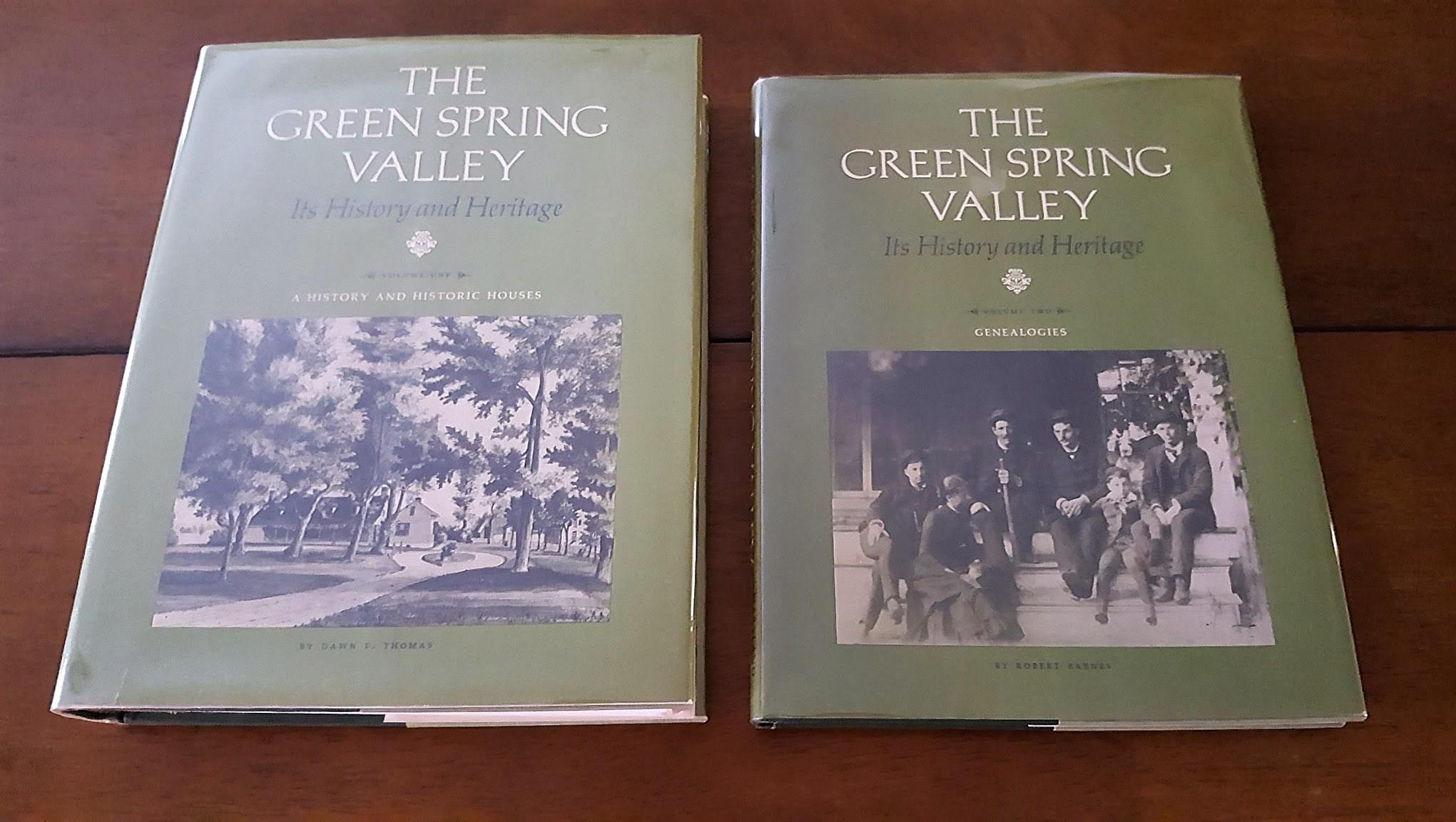
Lewis' book serves all travelers - including those who want to serve as allies and support Black-owned businesses. It will be something like a "Yelp, TripAdvisor and Facebook fused into one," she said. Lewis is also working on an app that will include reviews. She pointed to an experience she had in Latvia in 2019. "People ask to take photos, people ask to touch your hair."


Because, for one, not everybody is racist, a lot of times people have never seen Black people in these places," she said. "I always tell people do your research before you go. For example, she lists one in which she was walking down the street and was called "a monkey." She wants readers to to be aware of what could happen in certain places. Lewis also includes personal experiences. In this June 24, 2016, photo, the closed De Anza Motor Lodge sits along Route 66 in Albuquerque, Nex Mexico, and recently has been highlighted as one of the few places that allowed black travelers to stay during segregated times. Her "ABC Travel Greenbook: Connecting the African Diaspora Globally" which catalogs Black-owned businesses and Black-focused experiences such as tours, among other resources for international travel. Martinique Lewis, president of the Black Travel Alliance, told USA TODAY that after learning about the Green Book she was inspired to create her own, modern version.
HISTORY OF GREENBOOKS HOW TO
How to visit: How to visit Green Book sites where Black travelers once found refugeĮssay: Black History Month 2021: The only way forward is through, together History: How Black History Month began and how it has changed to what it is today history when the vast majority of white-owned businesses, even in large urban areas, were not welcoming, even hostile, to Black patrons," said Alvin Hall, host of the Macmillan Podcast series, "Driving the Green Book," which launched in September.Įstablishments in the book, most of them Black-owned, “welcomed not only their dollars but were also genuinely welcoming to them as human beings, an experience that could be hard to find during the days of segregation,” Hall said. "The Green Book enabled African Americans to travel with dignity and find safe harbors during a period in U.S. Black travelers for decades needed the Green Book to help locate the few motels and restaurants that would serve them. This updated photo courtesy of the Schomburg Center for Research in Black Culture, part of the New York Public Library, shows a copy of "The Negro Motorist Green Book" from 1947.


 0 kommentar(er)
0 kommentar(er)
